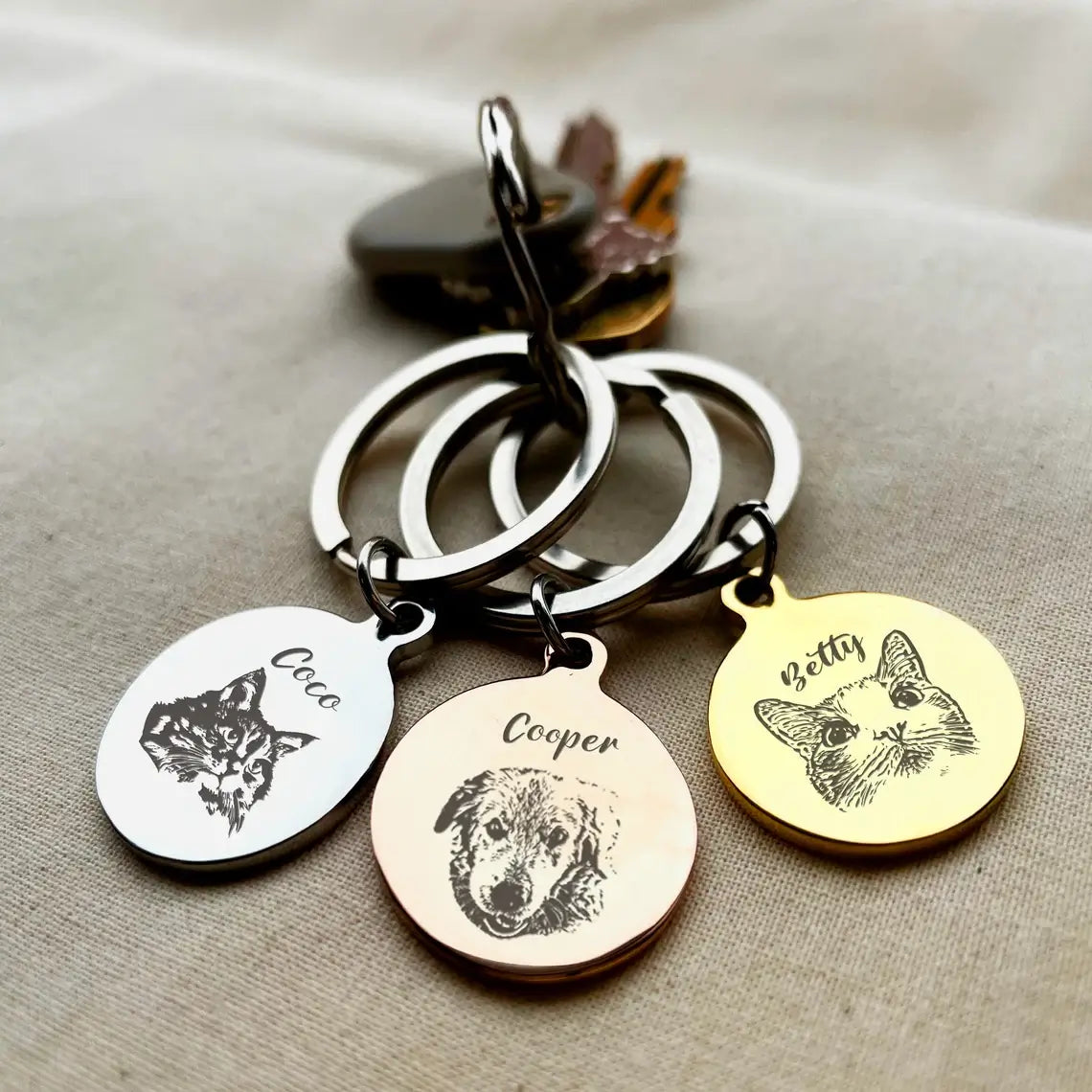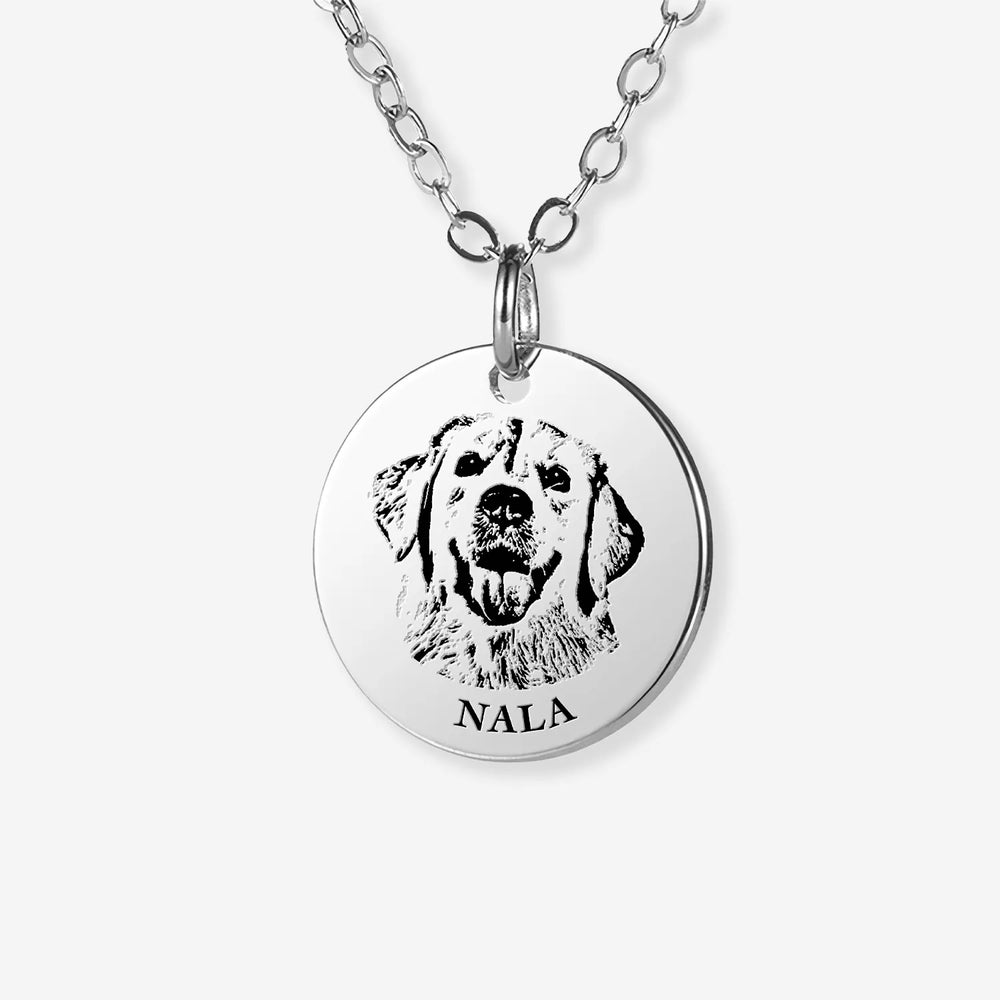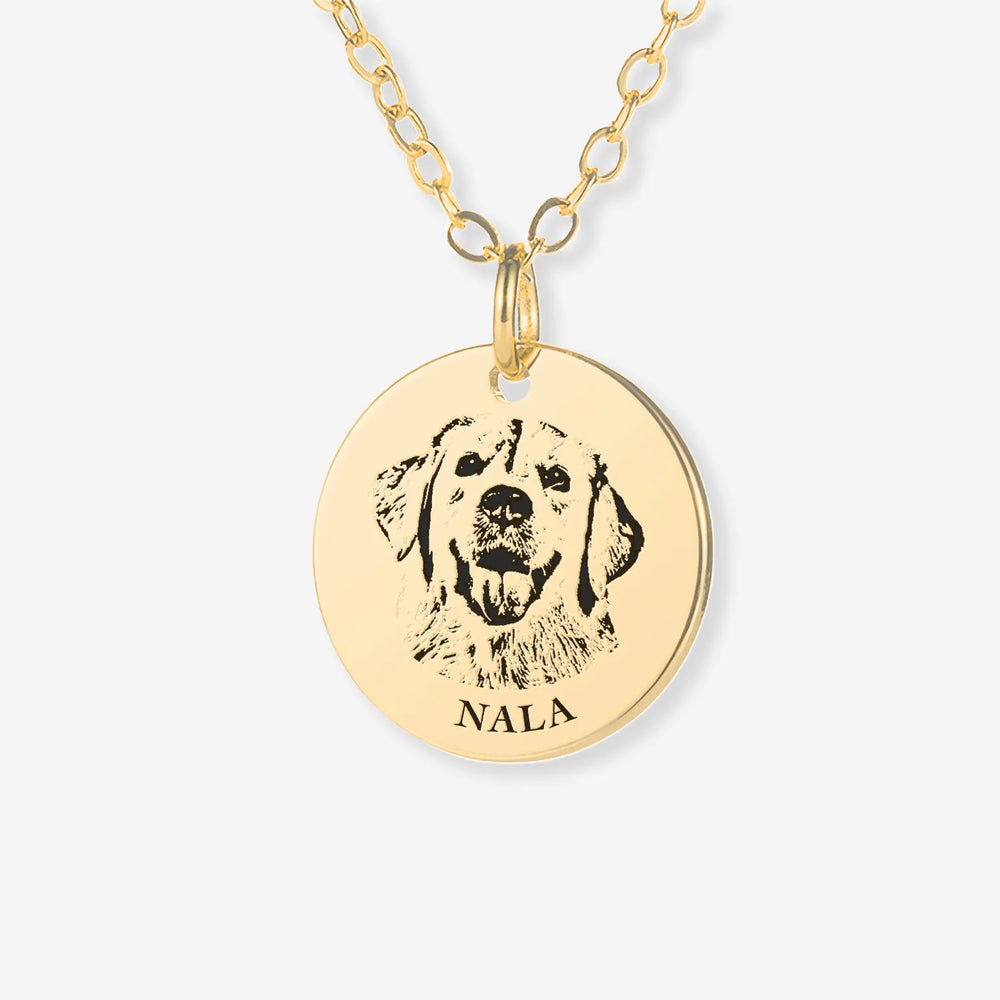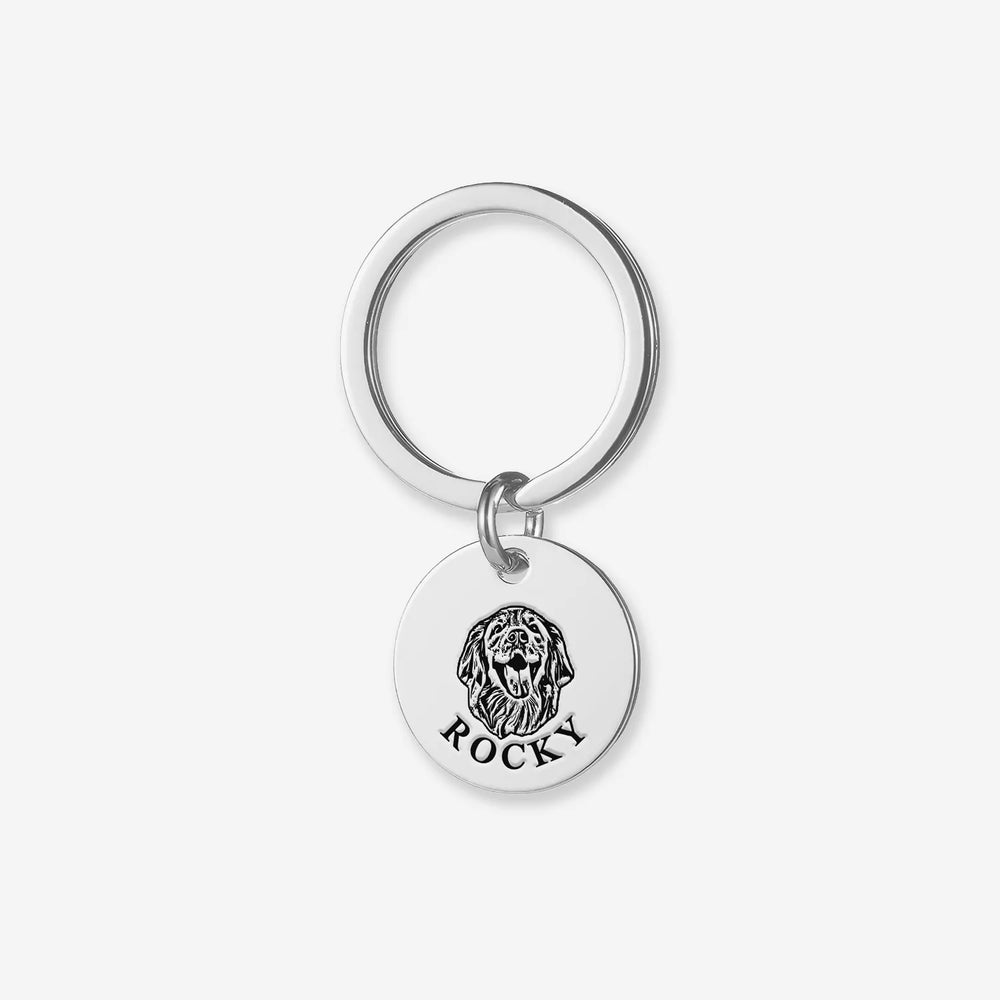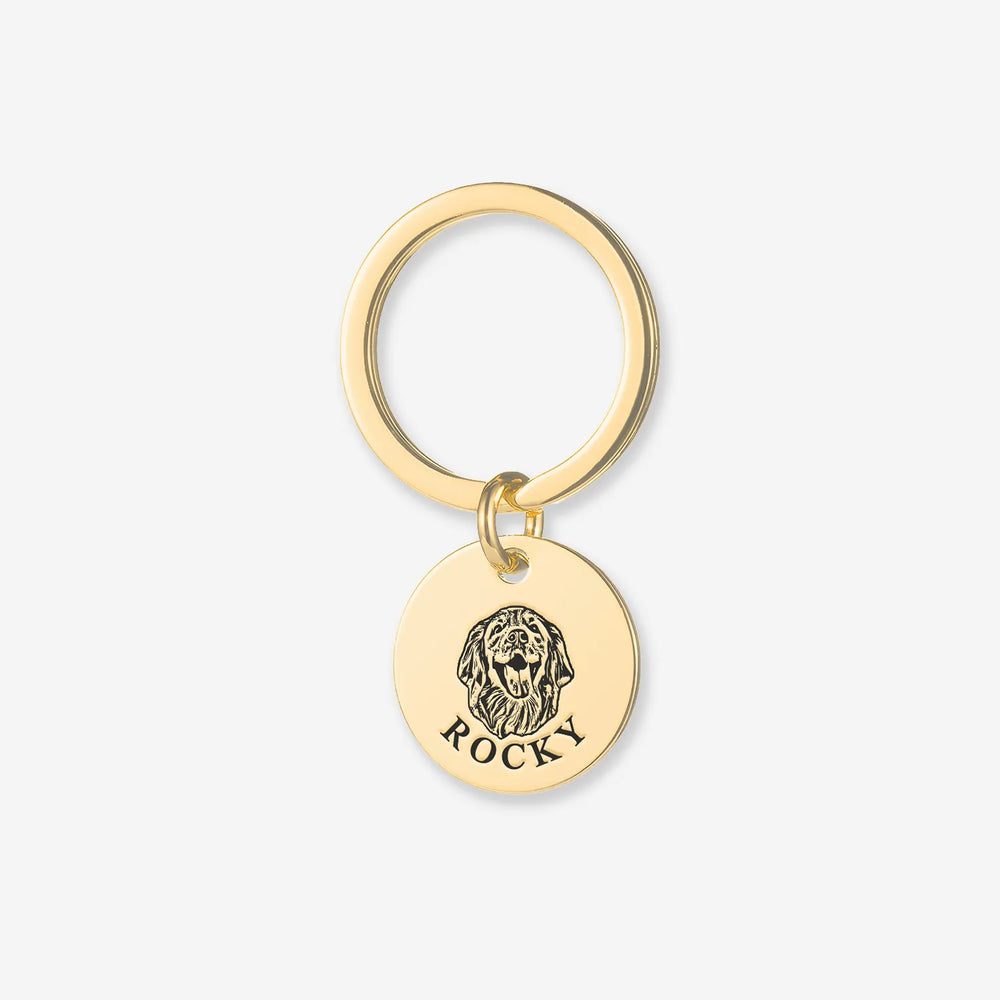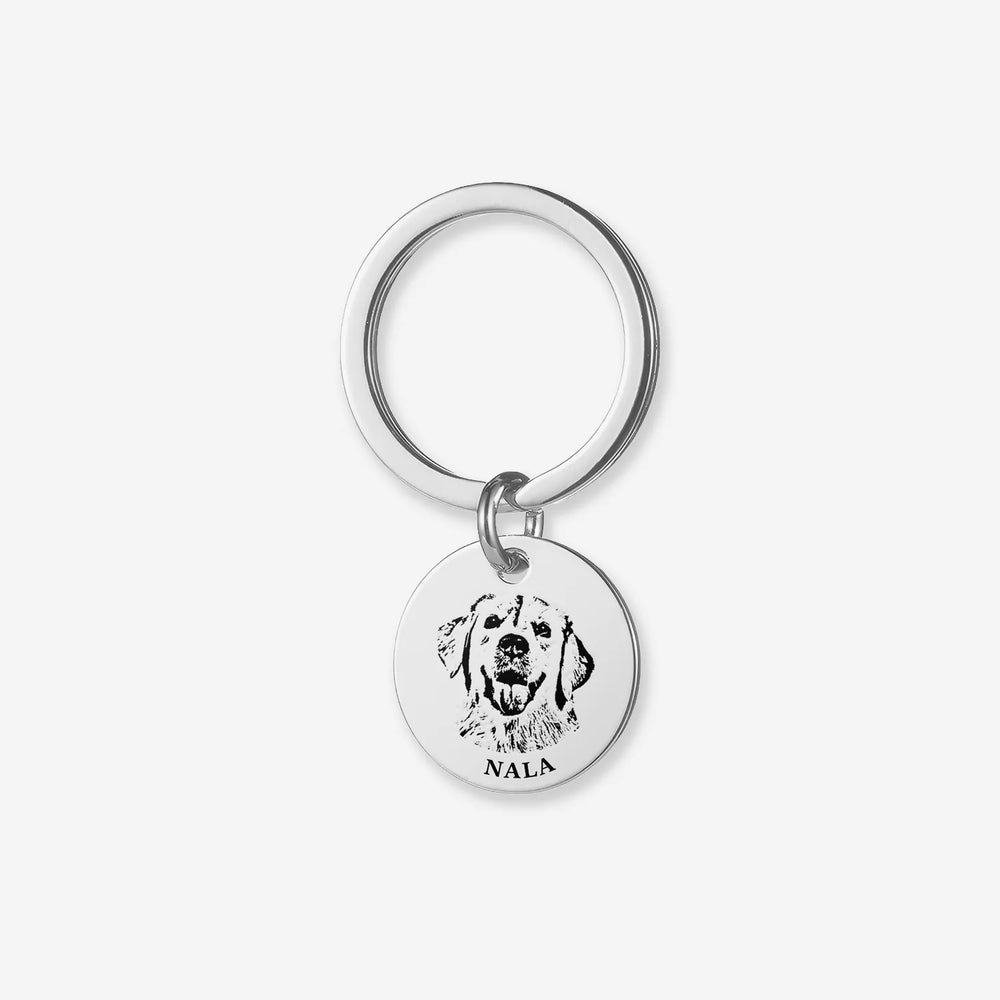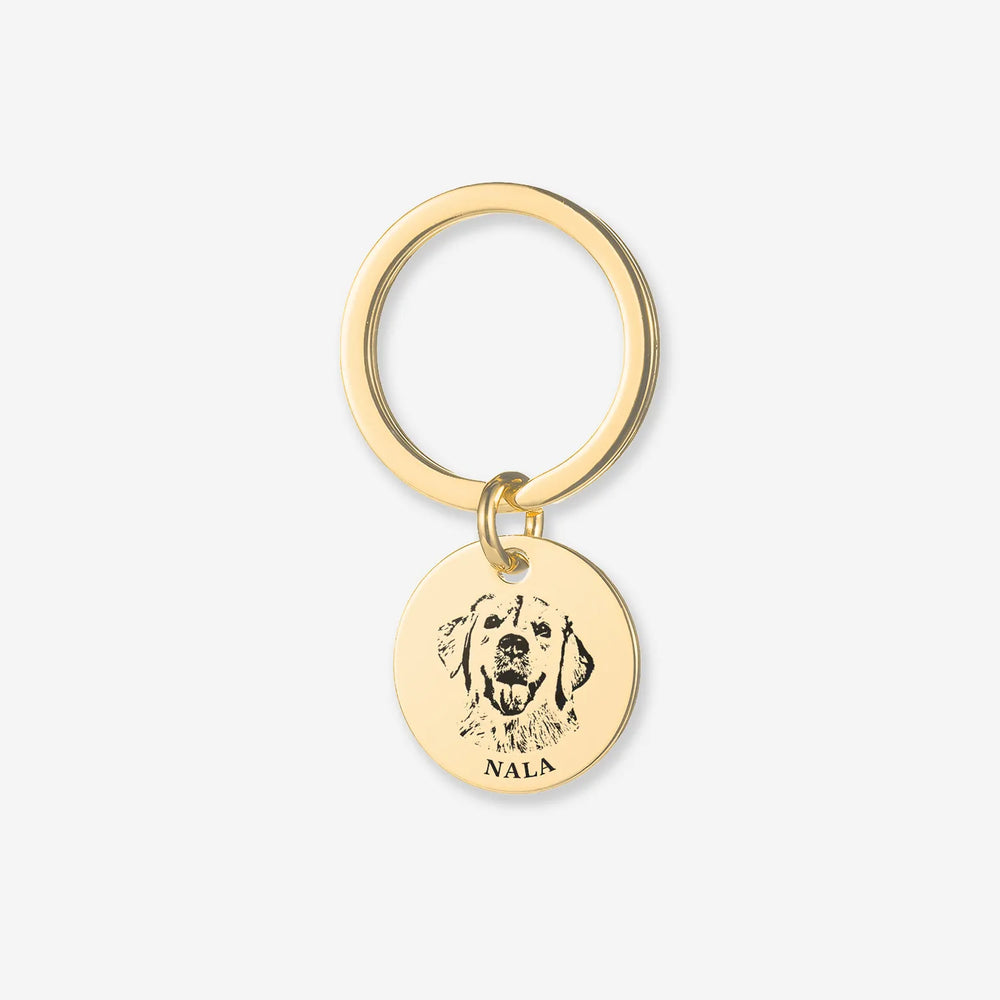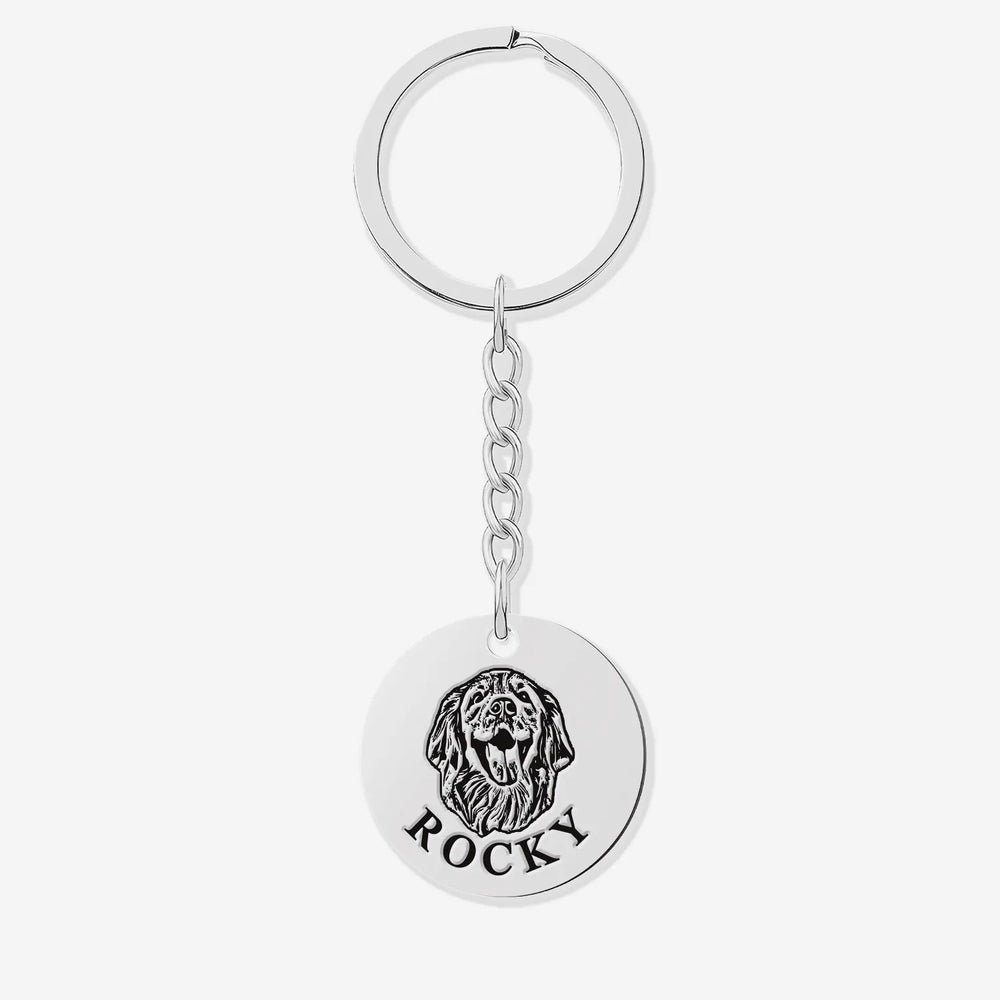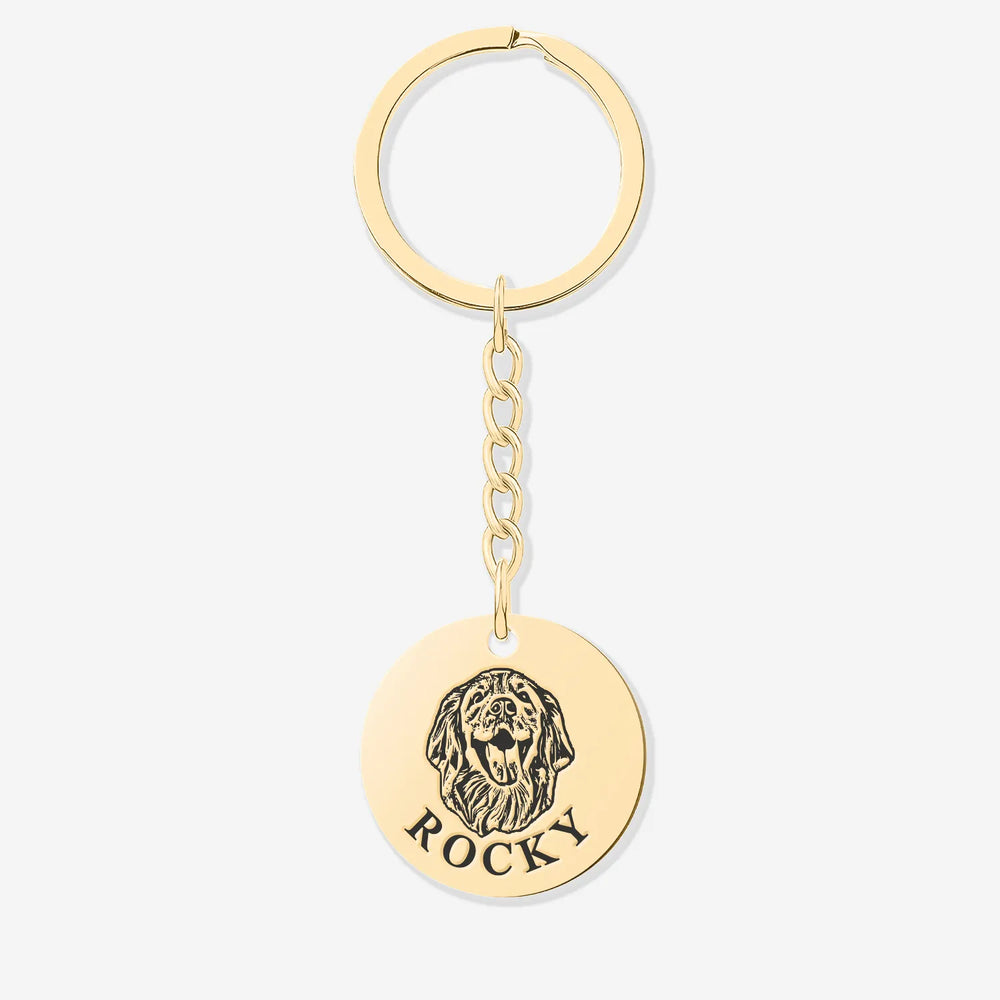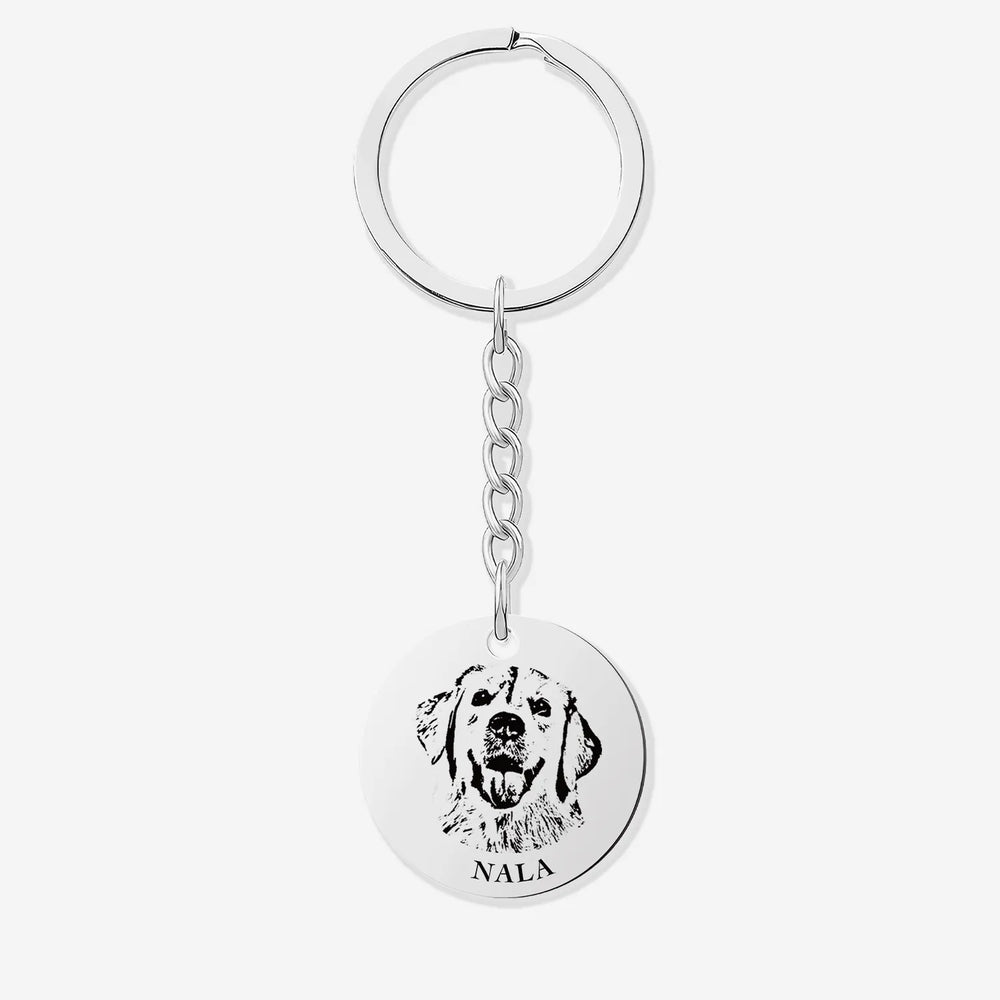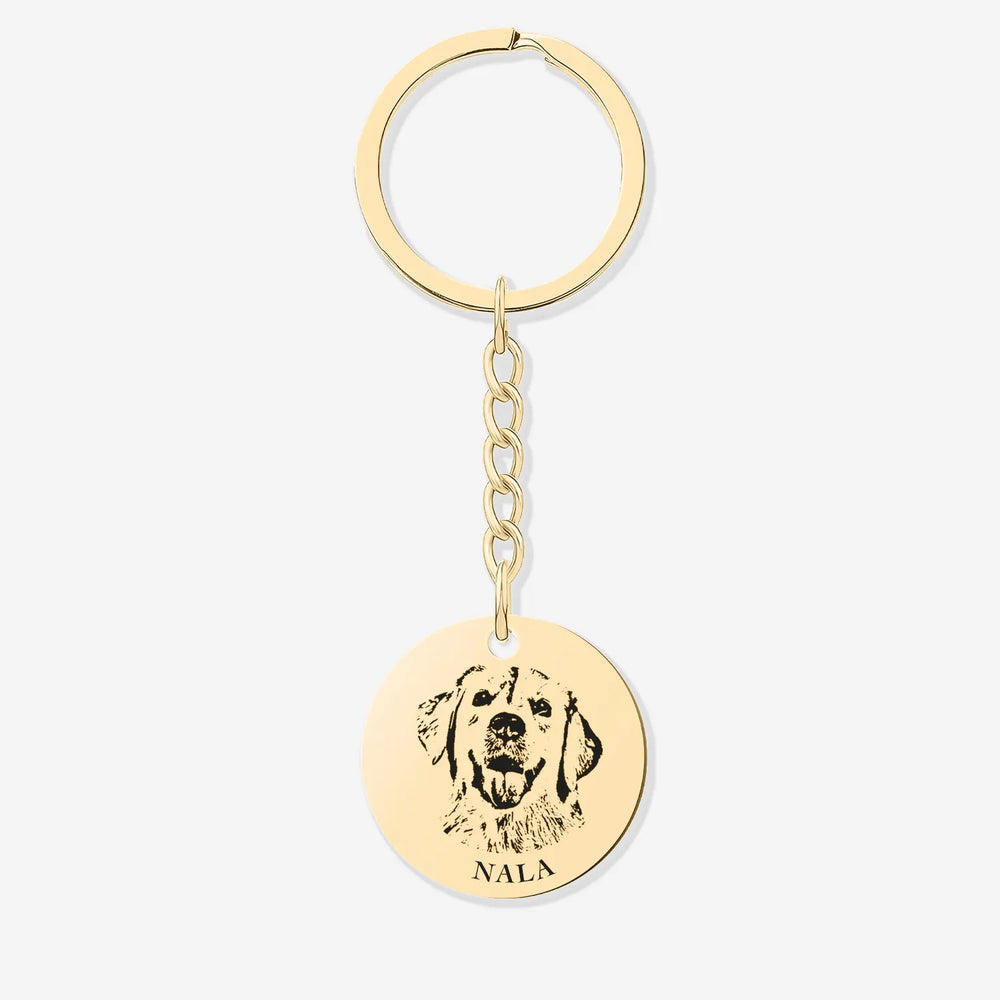Buy One, Get One FREE
Losing a Cat Suddenly: What to Do When It Happens

For families with cats, the sudden death of a beloved pet can be a devastating and unexpected experience. You may not be emotionally prepared, or the event may occur so unexpectedly that it leaves you unsure of what to do next. In this article, we’ll share some helpful tips and strategies to help you be better prepared when facing such a situation.
Of course, it's heartbreaking to think that your cat will leave you, but no one knows which will happen first - an accident or tomorrow. Young cats don't usually show the signs of imminent death that usually occur in older cats, so it's crucial to be prepared. If your cat dies unexpectedly and you're looking for some guidance, the following tips may bring you some comfort.

What to Do When Your Cat Passes Away Suddenly:
- Stay calm.
- Handle the cat’s body properly—this is critical.
- Call a family member or friend.
- Use healing methods to comfort yourself.
The First Important Step: Stay Calm
I understand how shocking and overwhelming it can be to lose your cat so suddenly. You may never have imagined your cat would leave you this early, especially if you had just adopted a kitten. The grief can make it difficult to stay calm, but it’s crucial that you do. You should check your cat's vital signs one last time to confirm that it has indeed passed away. It’s possible your cat is simply ill, so it's important to stay composed and assess the situation.
Properly Handling Your Cat’s Body
Once you’re certain that your cat has passed away, it’s important to handle the body as soon as possible. Here are some methods you can use:
-
Burial: When burying your cat, ensure proper sanitation by digging a hole at least 5 meters deep. Line the bottom with lime or disinfectants, place the body inside, and cover it with another layer of disinfectant.
-
Cremation: If your cat died from an illness, cremation is recommended. You can also burn its belongings to prevent the spread of bacteria.
-
Pet Cemetery: If your city has a pet cemetery, you can bury your cat there, and visit whenever you wish to mourn.
-
Cat Preservation (Taxidermy): Another option is to have your cat's body preserved by a professional taxidermist. This method is uncommon and not suitable if the cat died from an infectious disease. If you choose this route, ensure you find a reputable taxidermy service.For example: Taxidermy Store
Don’t Be Alone—Call a Family Member or Friend
If you’re the first to discover your cat has passed, don’t stay alone. Especially if you’re feeling overwhelmed by grief, I recommend calling a family member or friend for support. They can not only offer comfort but also help you with any tasks that need to be done. Being with someone can prevent you from feeling isolated during such a difficult time.
Understanding Why Your Cat Died Suddenly

Aside from dealing with your cat’s remains, finding out the cause of death is important. If necessary, contact a veterinary professional to conduct an examination. While this may incur a cost, it can give you peace of mind. Below are some common causes of sudden death in cats that may help you understand what happened:
-
Choking Hazard: Sudden death in cats, especially during sleep, may be caused by choking. Kittens, in particular, are at risk due to underdeveloped epiglottal cartilage, which can lead to vomiting and choking.
-
Congenital Heart Disease: Cats can suffer from heart disease even if they seem healthy and active. This condition can lead to sudden death, especially after intense physical activity when the heart is under strain.
-
Health Monitoring: Even when your cat appears healthy, subtle changes in behavior, weight, or elimination habits could indicate underlying health problems. Regular check-ups are essential.
-
Airway Obstruction: Kittens are especially vulnerable to choking on small objects. It’s important to create a safe environment and provide food that’s easy for them to chew and digest.
-
Other Sudden Illnesses: Acute diseases or infections can sometimes lead to sudden death without warning. Regular vaccinations and check-ups are crucial to keeping your cat healthy.
Young kittens, in particular, are vulnerable to sudden death if not cared for properly or if their immune systems are compromised. Common causes include congenital issues or diseases contracted due to a lack of proper care.
The Final Step: Take Time to Heal
Accepting the loss of your cat will take time, but it’s a necessary part of the healing process. The first week is often the hardest, especially for sensitive individuals with a deep attachment to their pets. Here are some suggestions to help you cope:
- Give yourself time to be alone.
- Keep your cat’s items as memories.
- Consider adopting another cat.
- Create custom pet memorial jewelry.
These methods, while simple, can be very effective. Many people who have strong emotional connections to their pets choose to memorialize their cat by creating custom jewelry. For example, some people have necklaces made with their cat's name or a favorite photo. Wearing this jewelry allows them to keep their cat close, as if their little companion is still with them.

If you’re struggling to move past the sudden loss of your cat, I highly recommend creating a piece of custom memorial jewelry. It’s a meaningful way to keep your cat’s memory alive and close to you, helping you heal while still honoring their presence in your life.
